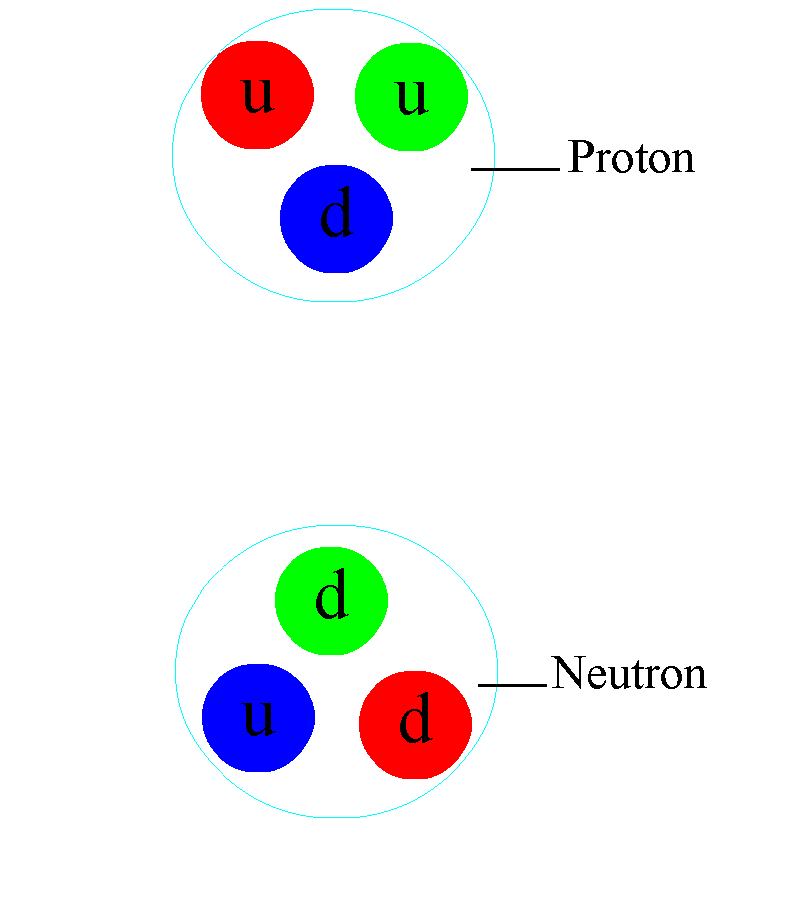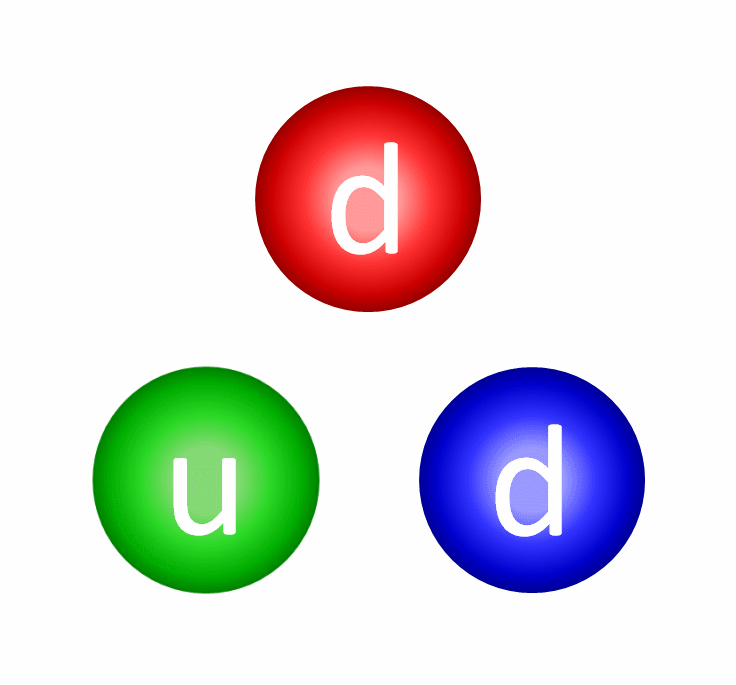Today (January 29, 1926) is the birthday of Mohammed Abdus Salam, the
first Pakistani to win the Nobel Prize in Science for his discovery of
radioactive bonding.

Mohammad Abdus Salam was born on January 29, 1926, in Santoktas, Sahiwal District, Undivided India, to Chaudhry Mohammad Hussein and Hazira Hussein. The teachers pointed out that he was studying at a young age and asked him to take English literature as a teacher after graduation. He said he was interested in mathematics and chose mathematics as his subject. At the age of 14, Salam scored high in the matriculation examination at the University of Punjab. Abdus Salam was a versatile scholar and proficient in Urdu and English.

In 1994 with a BA in Mathematics. He did a lot of research on the accounts of Srinivasa Ramanuja. He received his MA in Mathematics from the Government College University in 1946. Received the title. In the same year St. John's College, Cambridge, B.A. (Honors) Scholarships. In 1949 he graduated in both physics and mathematics. In 1950 he received the Smith Prize at Cambridge University for his outstanding pioneering contribution to physics. He received his master's degree in physics in 1951 from the University of Cambridge.

In particle physics, the electroweak interaction or electroweak force is the unified description of two of the four known fundamental interactions of nature: electromagnetism and the weak interaction. Although these two forces appear very different at everyday low energies, the theory models them as two different aspects of the same force. Above the unification energy, on the order of 246 GeV, they would merge into a single force. Thus, if the universe is hot enough (approximately 1015 K, a temperature not exceeded since shortly after the Big Bang), then the electromagnetic force and weak force merge into a combined electroweak force. During the quark epoch, the electroweak force split into electromagnetic and weak forces.

Mohammed Abdus Salam, Sheldon Glashow and Steven Weinberg were all awarded the 1979 Nobel Prize. All three were awarded for their discovery of the electromagnetic bond of electromagnetic and radioactive forces. Salam was Pakistan's scientific adviser for fifteen consecutive years from 1960 to 1974. The Space and Higher Atmospheric Research Commission was established on September 16, 1961, by executive order. Abdus Salam was the first director. In 1964, Abdus Salam served as Pakistan's IAEA Group Chairman for ten years.


Salam also led the study of the development of weapons in 1972. Copley Medal (1990), Smith Award, Adams Award, Nishan-e-Imtiaz (1979), Sitara-e-Pakistan Sitara-e-Pakistan (1959), Gold for Outstanding Contribution to Physics Medal (Czechoslovak Academy of Sciences, Paraguay) (1981). Following the country's nuclear tests in 1998, the Pakistani government issued commemorative stamps to him in 1998. Abdus Salam Award (Salaam Prize) Establishment Award for Outstanding Achievements and Contribution to Physics and Natural Sciences.


Mohammad Abdus Salam, the first Pakistani to win the Nobel Prize in Science, passed away on November 21, 1996, in Oxford, England at the age of 70 due to Progressive Nuclear Arthritis. His body was then brought to Pakistan and cremated. He is the only person from Pakistan to have received the Nobel Prize. He was also the first Muslim to win the Nobel Prize in Science.
Source By: Wikipedia
Information: Dr. P. Ramesh, Assistant Professor of Physics, Nehru Memorial College, Puthanampatti, Trichy.
Get information like this
https://t.me/joinchat/jpqj3jQLN51kYTk9
Join Telegram Group.
https://chat.whatsapp.com/FisIzCe4Br2CRgxAiicUnf
Join WhatsApp Group
Thanks.
Also, Read
🛑👍 CSIR-NET Physics Materials and Problems
🛑📕 21 GB and Hundreds of Physics E-Books Collection.
🛑🛥️ How does an Electric Motor work? (DC Motor).
🛑🤹♂️ Science Academies' Summer Research Fellowship Programme for Students and Teachers 2022.
🛑🔌 How does a Transformer work - Working Principle electrical engineering.
🛑🎙️ Transistors Explained - How transistors work.
🛑🔥⚡ How Thermocouples Work - basic working principle.
🛑🔌 Voltage Explained - What is Voltage? Basic electricity potential difference
🛑🔌 What is CURRENT– electric current explained, electricity basics.

.jpg)
.png)
No comments:
Post a Comment